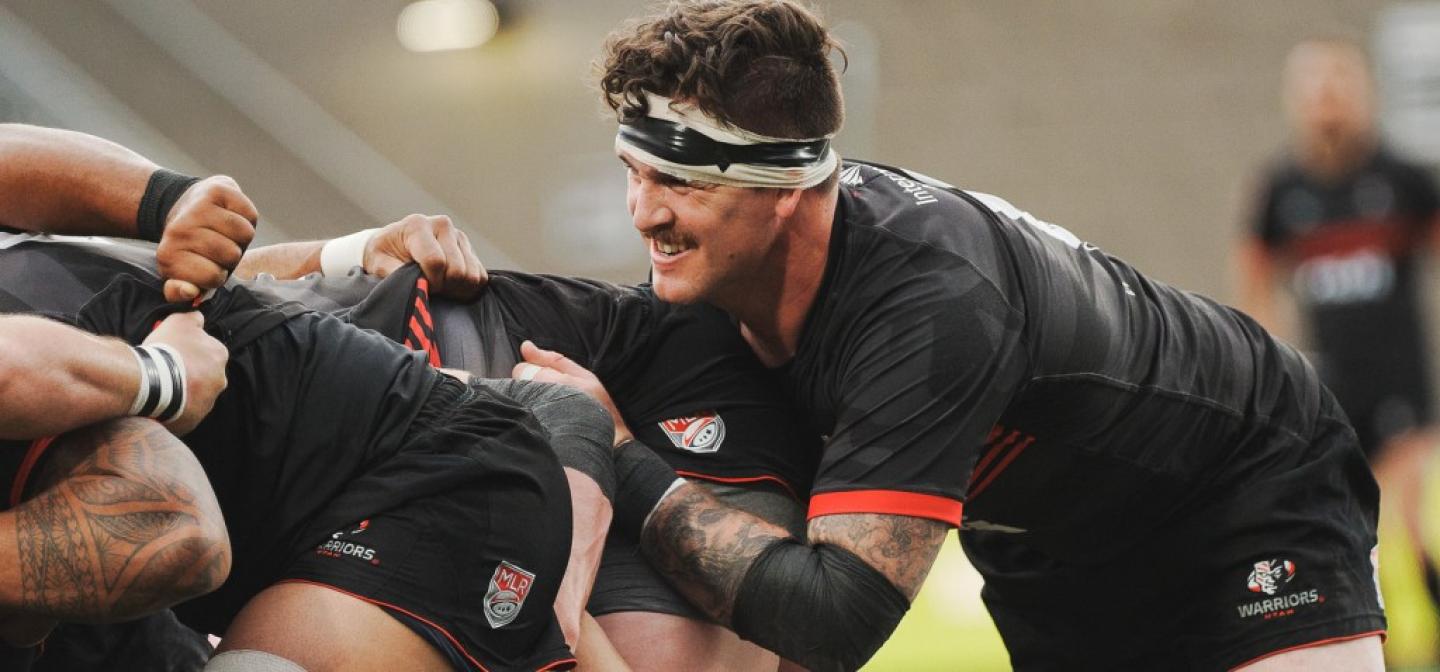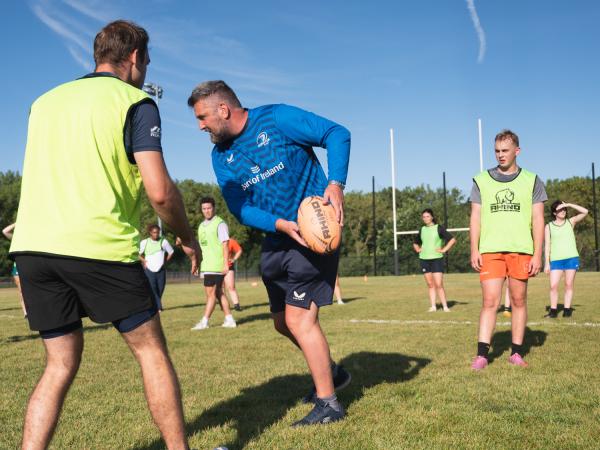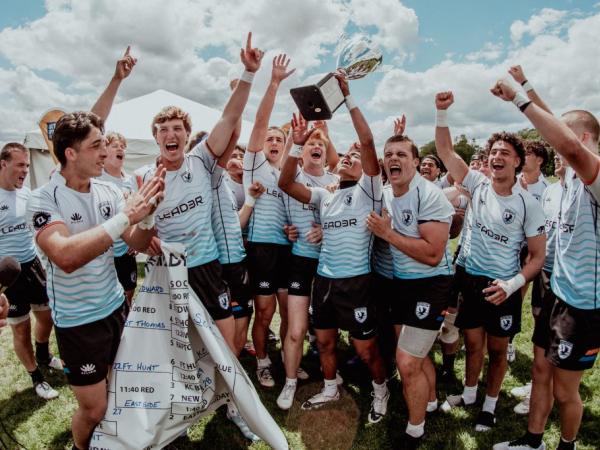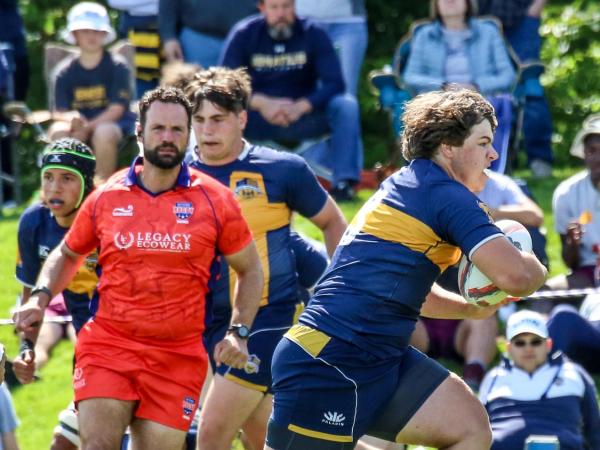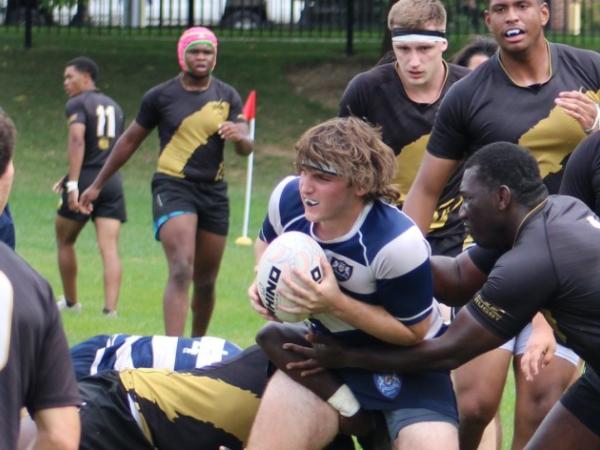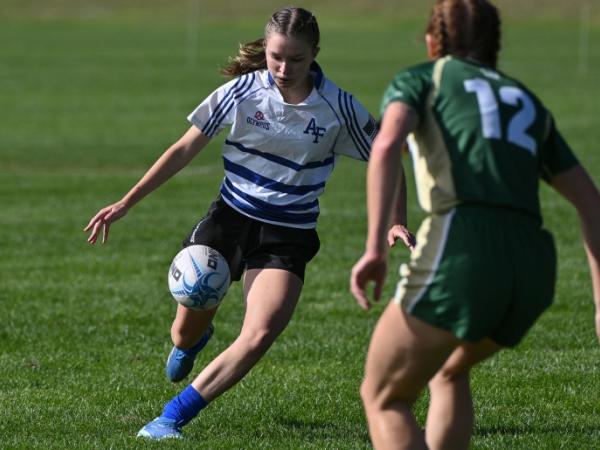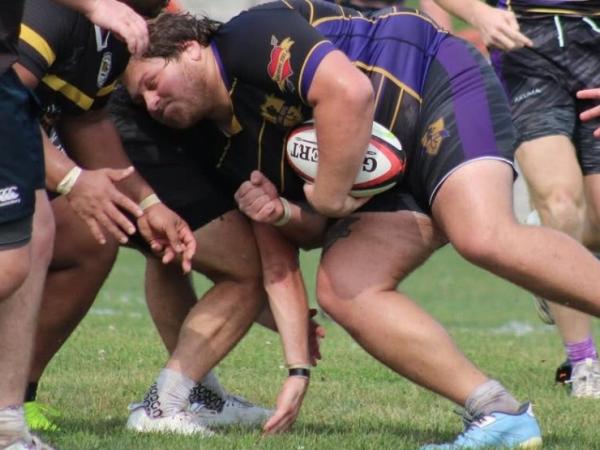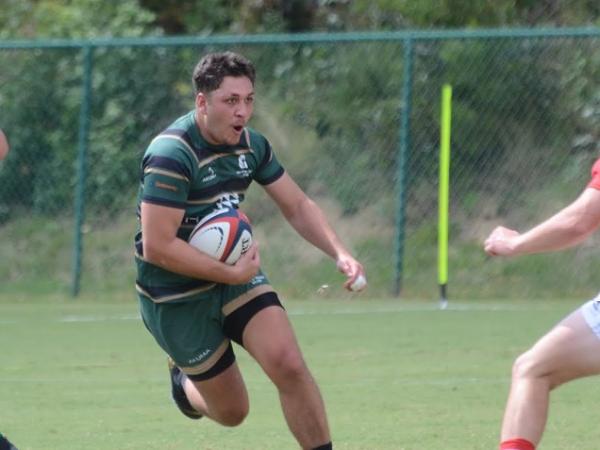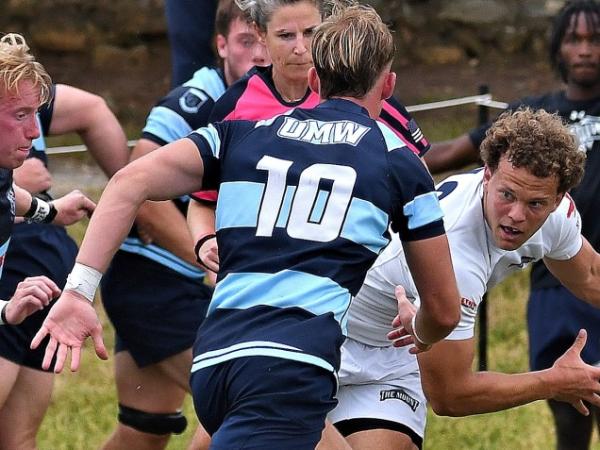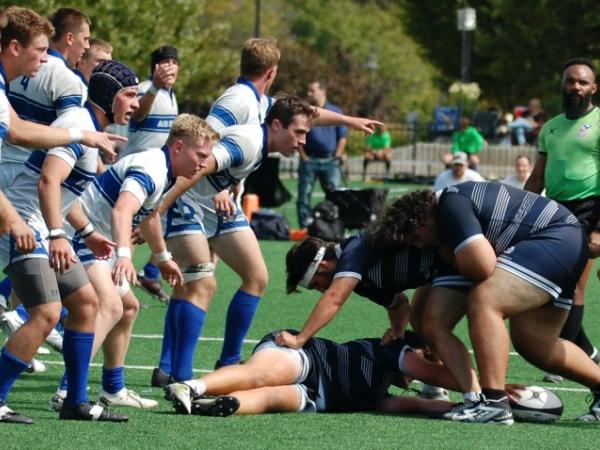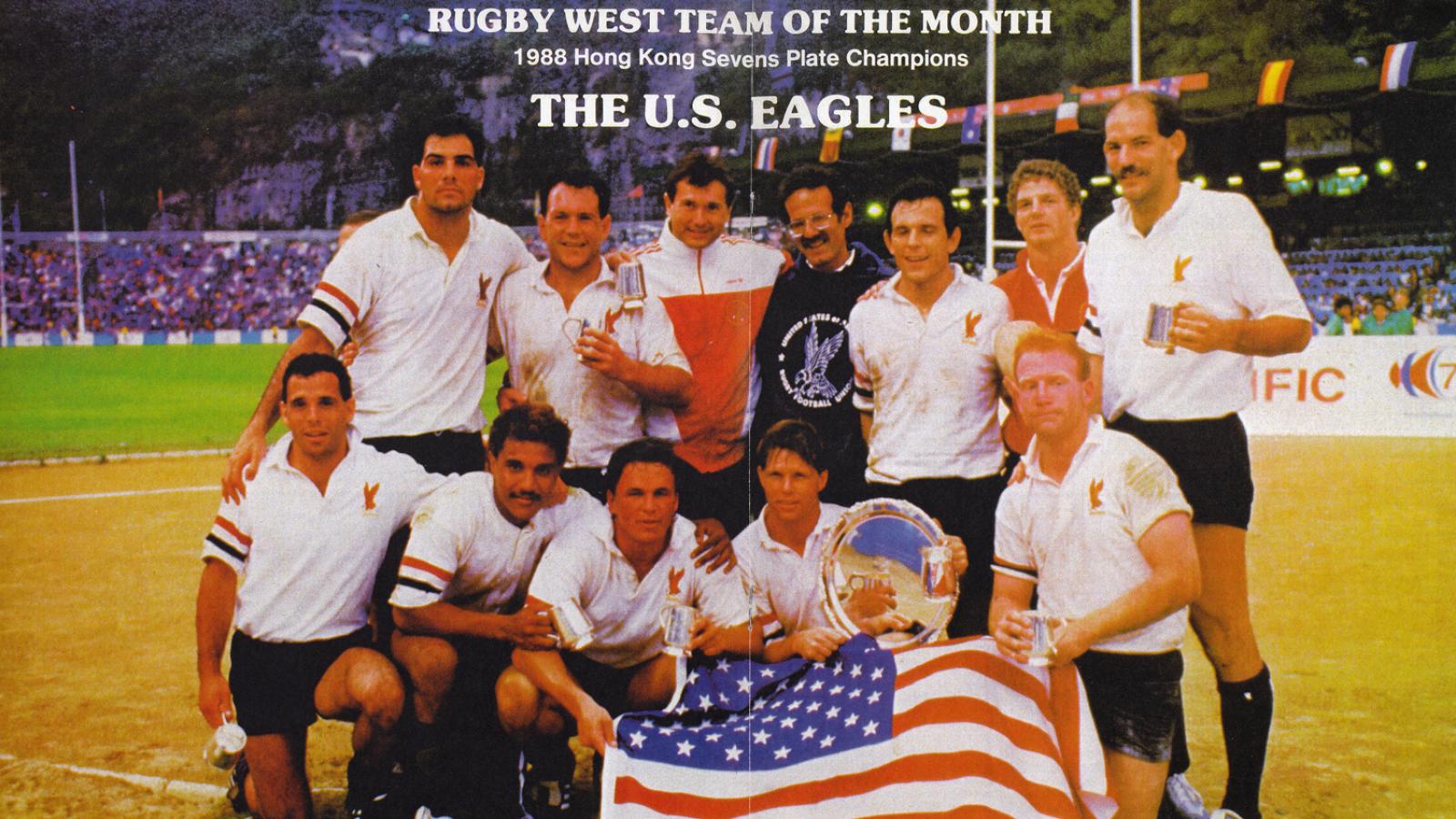Over 150 rugby players have applied for the Major League Rugby draft, with 39 to be drafted and several more signed as undrafted free agents.
They will become, for a while at least, professional rugby players.
But while being a professional does mean that you’re paid, it doesn’t necessarily mean you’re paid a lot. Former capped Eagle and professional player John Cullen is looking to help rugby players navigate the pro rugby maze. Can you chase your professional athletic dream and still stay strong financially? Cullen says you can—it’s not easy, but you can.
You Won't Get Paid Much, So Plan
“Some people really don’t have a good feel for what MLR salaries are,” said Cullen, who is a financial advisor and has been working with rugby players to help manage their finances. “And because players are not paid what you’d call a full-time wage, you have to have an income plan not only after professional rugby, but during.”
Being a professional rugby player is a huge boon to your rugby plans, said Cullen, who played at Hacienda Heights Rugby Club in Southern California and then with the University of Utah Utes. He was a collegiate All American, played with the Utah Warriors, and was capped by the Eagles.
“Being paid money while you work on your athletic goals is great,” he said. “But you can’t think that that is all you will be doing.”
Cullen points to the history of professional sports, and during most its history athletes had jobs in the off-season. It wasn’t until relatively recently that even below-average players in the major pro sports started making big money.
Today’s MLR draftees and new signees can’t expect big money, or even medium-sized money.
“You have to be working toward something in addition to your rugby—education, developing work skills, or boosting your income. Yeah you want a long career in rugby, but what does that look like? A long career is seven to 10 years. During that time it’s unlikely you’ll be making so much money that you can set something aside. Even with a long career, you will still need a Plan B.”
You Have to Find Additional Income
This is true worldwide. Longtime pros overseas still need to plan for post-retirement, and in fact the Gallagher Premiership in England actually has a program and an award to encourage players to plan for post-rugby careers.
But how can you make that extra cash? Cullen talks to players and helps them plan out ideas.
“Time balance is one of the toughest things,” he explained. “Players struggled with that. For me, in my first three years as a pro we practiced from 6:30pm to 10pm. I would have been working a full day up to about 6pm so I would have to go quickly from work to practice. Then I’d also need to be watching film and work on recovery. I didn’t have a lot of time for sleep.”





